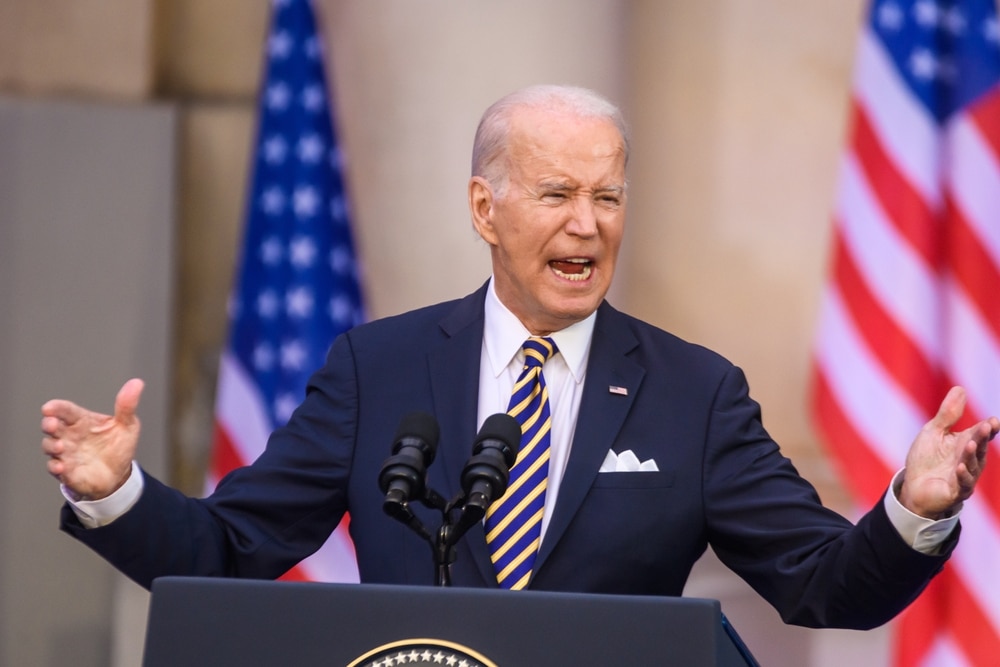The Hochul administration is quietly using taxpayer dollars to gift cash payments to thousands of migrants who don’t qualify for typical welfare assistance, The Post has learned.
The cash windfall was made possible by the state Office of Temporary and Disability Assistance modifying its “Safety Net Assistance” program’s eligibility rules in May to include non-citizens with pending applications for legal asylum status.
The announcement was made through an under-the-radar message the agency sent out to social services agencies across the state.
The OTDA declined to reveal how many migrants have received SNA checks, but estimates that 90% of New York’s current migrant population won’t see additional benefits under the rule change.
With more than 173,000 migrants coming to the Big Apple since spring 2022, if only 10% of migrants here are eligible for SNA payments, the number of recipients could exceed 17,000 in NYC alone.
More than 66,000 migrants currently remain in the city’s care. ODTA spokesman Anthony Farmer insisted SNA payments to migrants are only a “small portion” of the $4.3 billion Hochul has already set aside to handle the migrant crisis “in the absence of new federal aid.”
“At the request of New York City, OTDA made a technical update to allow a small percentage of migrants to receive certain additional support in compliance with state and federal law,” he said.
SNA is a state program similar to welfare, and it has historically provided cash payments to needy New Yorkers who don’t qualify for conventional public assistance, including single adults, childless couples, and families of persons abusing alcohol and drugs.
Recipients typically get monthly checks totaling hundreds of dollars and must only use the money to help pay rent and utility costs or purchase clothing or other necessities.
The rule change is the latest in a long list of moves by the city and state to roll out the welcome mat for migrants – including Mayor Adams’ new $53 million pilot program to supply migrant families with pre-paid credit cards to purchase food and baby supplies, critics said.


















